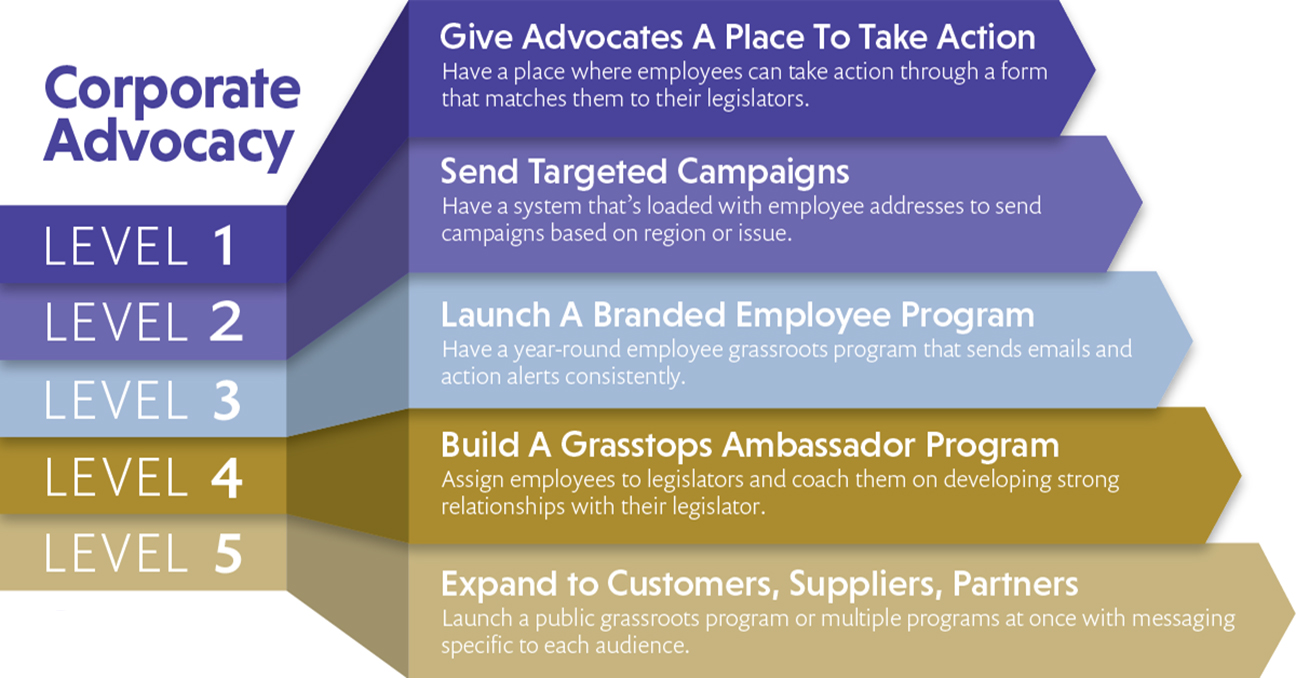Advocacy has emerged as a potent tool for companies to drive meaningful change in environmental sustainability. Advocacy, the act of supporting a cause or proposal, is no longer confined to the realm of activists and nonprofits; businesses are stepping into the role of advocates for the environment. In this article, we’ll explore how corporate advocacy can be a catalyst for positive change, from educating peers and consumers to lobbying for policy reform and supporting nonprofit organizations dedicated to sustainability.
The Influence of Corporate Advocacy:
Corporate advocacy is a dynamic force that extends beyond profit margins. Here’s why it’s becoming an indispensable strategy for companies.
Educating Peers about Corporate Sustainability:
Advocacy within the business community involves sharing knowledge and best practices related to corporate sustainability. By educating peers, companies can drive industry-wide change, inspiring others to adopt eco-friendly practices and reduce their environmental footprint.
Educating Consumers about Responsible Consumption:
Companies possess a unique platform to educate consumers about responsible consumption. Through marketing campaigns, product labeling, and transparency, businesses can empower customers to make sustainable choices that align with their values.
Lobbying for New Policies or Regulations:
Corporate advocacy extends to the political arena, where companies can advocate for policies and regulations that promote sustainability. By engaging with lawmakers, businesses can influence the development of environmentally friendly legislation.
Supporting Nonprofit Organizations:
Many nonprofit organizations are dedicated to environmental sustainability. Companies can make a significant impact by donating resources, funding research, or providing expertise to these organizations, amplifying their efforts and advancing the cause.

Here are some examples of Corporate Advocacy in Action:
Industry Collaboration: Leading companies in various sectors collaborate through industry associations to advocate for sustainability standards, share research, and influence regulatory frameworks. For example, the Sustainable Apparel Coalition brings together clothing brands to address environmental and social challenges in the fashion industry.
Consumer Education: Companies like Patagonia actively educate consumers about sustainable practices, such as repairing and recycling outdoor gear. Through its “Worn Wear” program, Patagonia encourages customers to buy used clothing and gear or trade in their old items for store credit.
Policy Advocacy: Tech giants like Google and Microsoft have lobbied for renewable energy policies and supported clean energy initiatives. Their advocacy efforts have led to changes in state and federal regulations, promoting the adoption of renewable energy sources.
Nonprofit Partnerships: Corporations like Coca-Cola and IKEA collaborate with organizations like WWF and The Nature Conservancy to support environmental initiatives, including water conservation and reforestation efforts.
Corporate advocacy is not just a responsibility; it’s an opportunity for businesses to lead by example and drive transformative change in environmental sustainability. By educating peers and consumers, advocating for policy reform, and partnering with nonprofit organizations, companies can use their influence, resources, and expertise to make a lasting impact on the planet.






